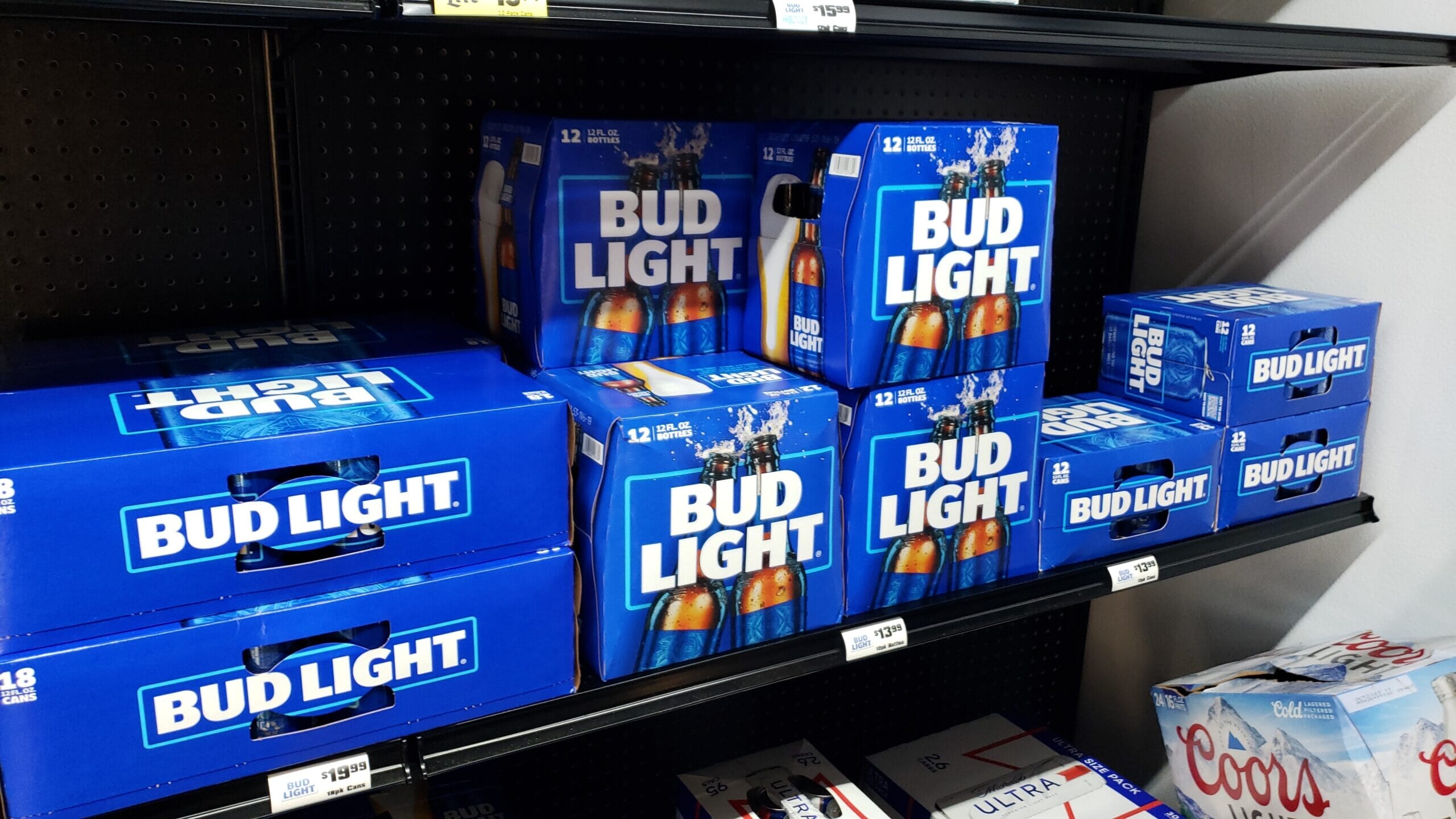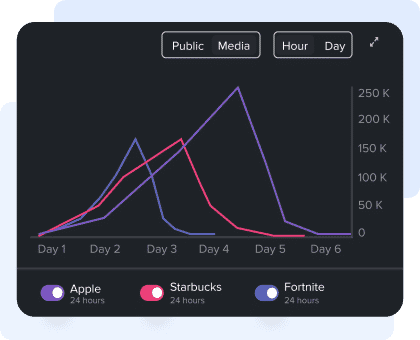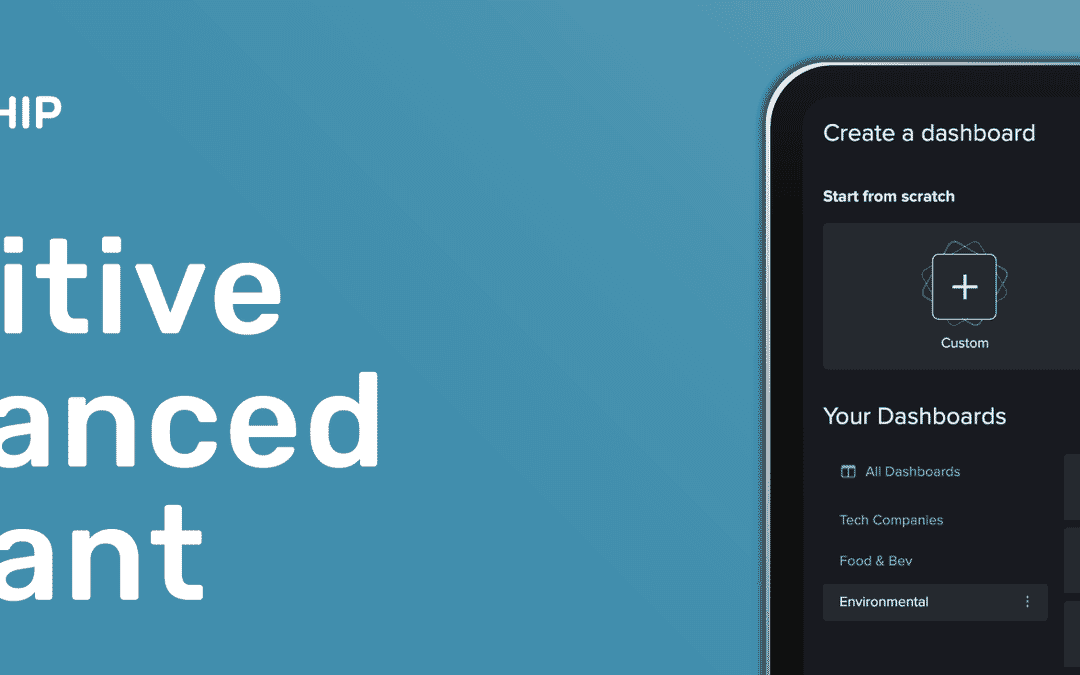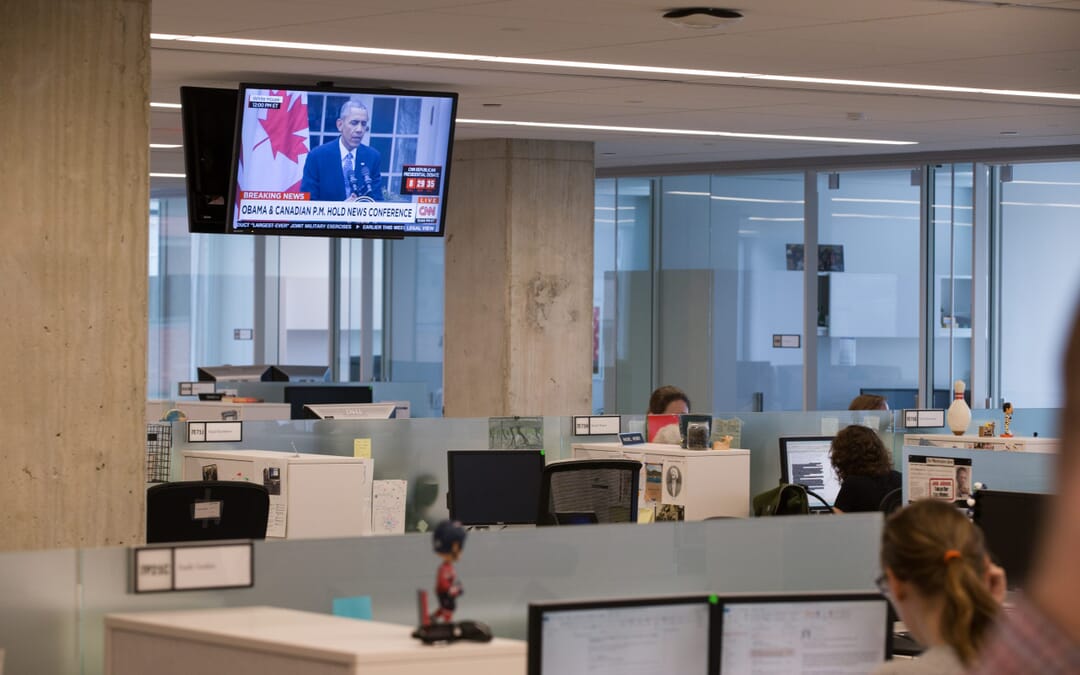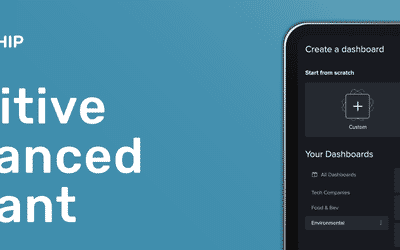We talked with the Manchester Evening News’ Head of Audience Development about the site’s approach to connecting with their regional audience.
The Manchester Evening News is a regional UK publisher covering the greater Manchester area, and is part of the national Trinity Mirror group.
They’ve consistently placed in the top 25 most engaged Facebook publishers globally, and have a strong presence on platforms including Facebook, Instagram and more, challenging bigger global publishing brands with their reach and engagement online.
We talked to MEN’s Head of Audience Development, Beth Ashton, about the site’s approach to building an audience through social media, and how they compete for attention with larger national and global sites.
Hi Beth – Can you give us a quick run-down of Manchester Evening News’ social media strategy, and how your team implements it daily?
Our social strategy is deeply entwined in our content strategy. Social is at the start of the process of content gathering, with the idea of how the story might be distributed on social media considered at the article’s inception.
As such, our social strategy is one of shared learning and ongoing training. We plan when and how to put out our content depending on when and how the audience would want to consume it. We also consider social sell and headline – and make sure the content measures up.
It’s important that our social channels have an identity – we want to be useful, supportive and entertaining.
How do you prioritise testing emerging platforms and formats?
The most emphasis is on proven platforms that we know work for us. There used to be a belief or fear that news organisations might ‘miss’ the next big thing when it came to social. I think we have so much data now that in terms of referral traffic, you can spot trends in referrers much more quickly, so it’s not too much of a concern.
Where we experiment is in different ways to find stories – Instagram stories for celebrity news, for example – and in ways to engage with our audience beyond news.
Our Instagram account is a good example of how we experiment on social. We never break news on it because that’s not why our audience follow it, they follow for great community photographs of Manchester and as a result we’ve developed our highest percentage of local followers on any platform through Instagram.
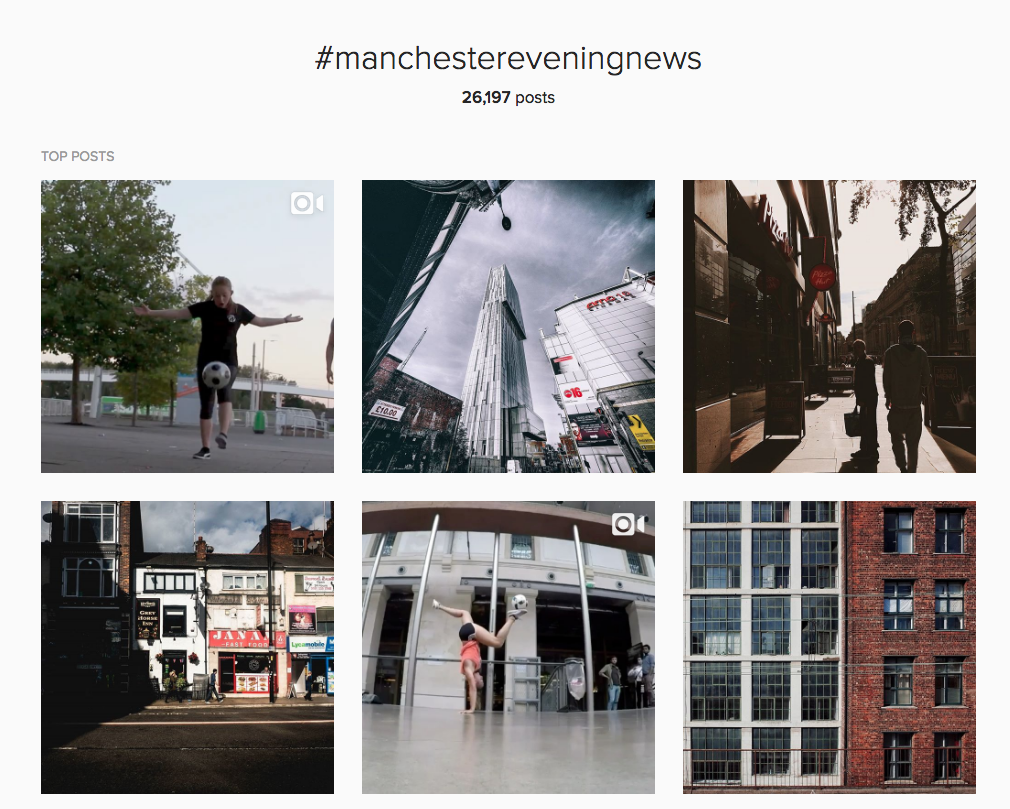
It’s a difficult balance between presenting stories to drive traffic to site and giving our audiences extra value solely for engagement, and we try to do both.
How are you measuring the impact of your content on social media? Do you look at social engagements, referrals, conversation, or a mixture of all?
We use referrals and social engagement data to draw different conclusions.
If people are coming to the site through Facebook it’s usually because of the strength of a story or how it’s been presented. When someone reads that story and then shares it, we know we’re doing something right because in sharing they recommend the story and, to some extent, define themselves. When we look at social engagements and conversations, we get a much fuller picture of who our audience is and what they want (or don’t want) from our journalism.
We read virtually all comments, like them where appropriate and reply regularly where there is a question, an assumption or a criticism or even just to join the conversation.
We don’t respond as ‘a faceless organisation’, but as people defending our journalism, admitting when we are wrong and (hopefully) entertaining with humour. This humanity allows our audience to understand us better and see us as a focal point for a community of people who live and work in a distinct area.
Our Facebook inbox has become one of the main places for our readers to contact us – they send us tip offs, video, images and we reply to them to build relationships. We discuss those conversations across our social channels with senior editors during conference and try to use that feedback and sentiment to improve what we are doing.
MEN post regularly on Facebook Instant Articles. What’s different that you have to take into account about Instant Articles?
Although we thought Instant Articles may have a big impact on the production of our articles and Facebook engagement and reach we haven’t seen a dramatic difference in audience behaviour since we switched all of our content to IA.
We’ve found that, as with other distributed platforms, if a story is strong enough and people want to read and share it, that piece of content carries itself, regardless of the platform it’s on.
How can regional and local sites effectively compete for audience attention on social media?
Actually some regional sites have been able to compete effectively because we are closer to our audience than a national or international brand can ever be.
It’s important that regional and local brands think about how their stories are delivered. Getting this right can actually put us at an advantage on social. Crucial to this is understanding who our audience is and giving them what they need. Local stories are often followed up by nationals and if their version is more shareable it’s very obvious. This is something we never want to happen!
I think it’s easy for newspapers to take themselves too seriously online so wit is important. They need to work to stand out in a constant stream of news stories.
So much of our audience growth is down to creating hubs for all things to do with Manchester and reflecting what that means to the people who live in it. That’s best reflected now in our Facebook comments, where there are regular in-jokes between readers that they are able to understand and appreciate because they are part of that community.
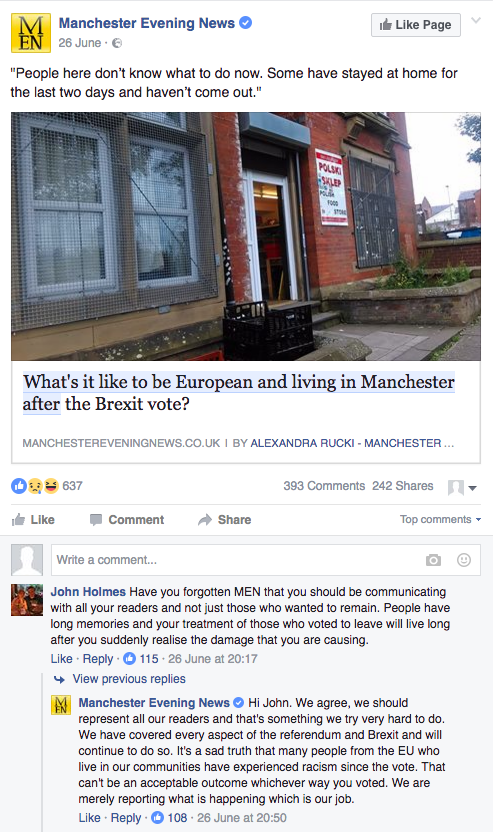
Local sites need to remember that they are the experts in their patches, They know their audiences better than anyone else and have common ground for shared knowledge that’s very difficult to compete with if you build an engaged audience around it on social.
The rewards can be great. Our news Facebook page now has over 1 million likes and our Manchester United page 5 million. We have been regularly featured on NewsWhip’s biggest Facebook publishers. As a result of social growth, we are now reaching more people than we have in our long history.



